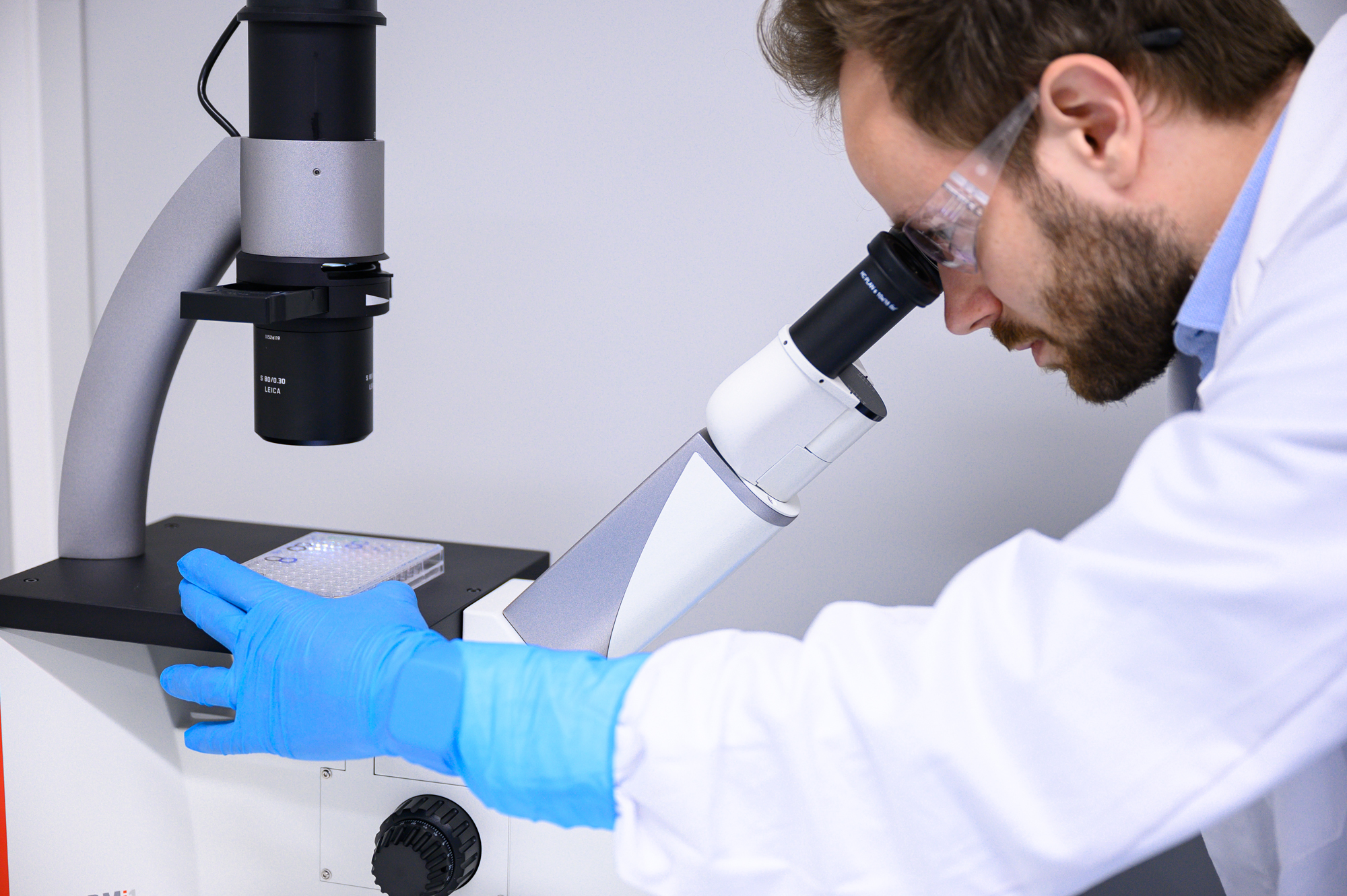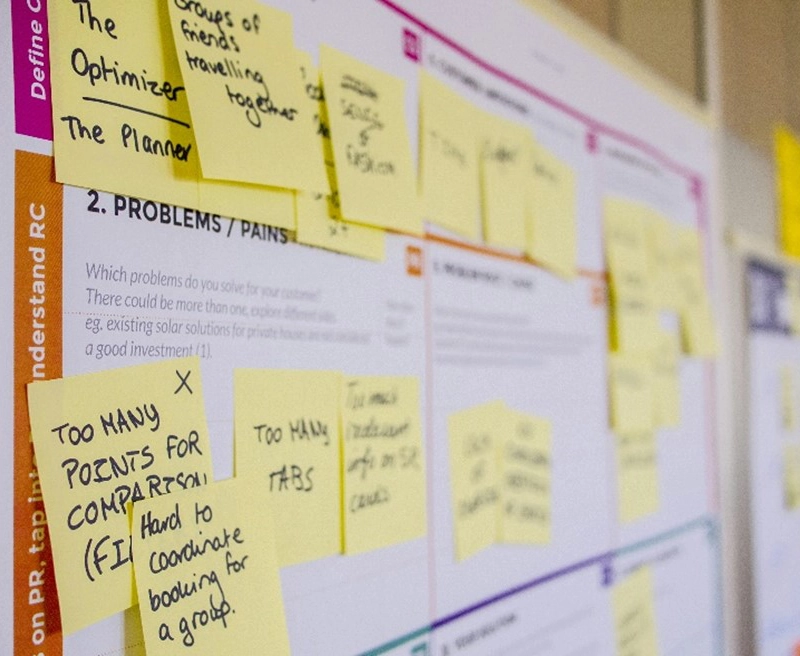
An artificial intelligence-based system for augmented cell & gene therapies


Chiara is a Mathematician with an M.Sc. in Stochastics and Data Science from the University of Torino. She completed her academic background by pursuing a Master of Business Administration, which further enriched her insights into soft skills and project management. Before joining the SDSC, she worked for a few years in the manufacturing sector, bridging data-driven analyses with strategic decision-making.


Anna joined SDSC as a Data Scientist focusing on industry collaborations in July 2019. She completed her PhD in Bioinformatics at the University of Luxembourg, where she analysed large-scale heterogeneous datasets and leveraged multiple disciplines: Statistics, Network Analysis, and Machine Learning. Before joining SDSC, Anna worked as a Data Scientist at Deloitte Luxembourg, with a focus on computer vision and time-series analysis.Currently, Anna is a Principal Data Scientist based at the ETH Zurich office, where she leads biomedical collaborations with industry partners. Anna works on a range of projects: protein properties prediction, biomanufacturing optimization, statistical model evaluation and others.

Context
Tigen is a clinical-stage biotech company, founded in 2017 and based in Switzerland, with a mission to bridge the gap between academic research and commercially viable therapies, particularly in the field of T cell-based cancer treatments. The rise of hyper-personalized immunocellular therapies, such as CAR T-cell treatments, is revolutionizing the approach to hard-to-treat cancers. These therapies, tailored to individual patients, have shown remarkable potential, but come also with considerable challenges. Their production process is complex and time-sensitive, requiring specialized facilities and expertise. Additionally, limited global manufacturing capacity and high costs have led to significant disparities in access, leaving many patients without the benefits of these cutting-edge treatments. Addressing these barriers is crucial to realizing the full impact of these therapies on a global scale.
Objectives
Antoine Maison, Head of Digital Innovation at Tigen, together with his team, has developed a digital-twin enabled and cloud-based data platform which streamlines data collection and control processes in cell therapy production, opening new avenues for data analysis and process improvement.
Working alongside the Swiss Data Science Center, Tigen aims to enhance the efficiency, cost-effectiveness, and accessibility of cell-based therapies through the following objectives:
- Leveraging AI-driven models to optimize key biomanufacturing parameters in real-time to enhance production efficiency and ensure high-quality outcomes.
- Establishing proxies for cell expansion and harvesting periods to better manage and predict manufacturing processes.
- Developing mechanistic models that capture critical dynamics within the manufacturing process, improving the robustness and reliability of data-driven approaches.
- Integrating patient data to further personalize and tailor the biomanufacturing process to meet individual needs.
Benefits
The integration of AI-driven models and mechanistic approaches in the biomanufacturing process enhances the likelihood of successful and timely delivery of cell therapies, with a strong emphasis on patient-centric care. This platform not only improves the success rate of manufacturing but also reduces treatment time and costs, making personalized, patient-specific therapies more widely accessible.
Graphic

Notes
We want to thank Tigen team, in particular Antoine Maison, Florent Sierro, Charlotte Théroude, Eileen Pernot, Loïs Bilat, Therese Choquette, Minh Ngoc Duong, and Sérgio Ribeiro, for their domain knowledge and support.
Links
- Tigen Pharma website:
- LinkedIn communication about the Innosuisse Project:
- Digital Economy Award won by Tigen:
- Press release between Tigen Pharma and Memorial Sloan Kettering Cancer Center (MSK):
More case studies

Smart Waste Collection with AI-Empowered Planning

Enhancing Parliamentary Services with Generative AI

Qlaire: Enhance Quality Management with generative AI
Contact us
Let’s talk Data Science
Do you need our services or expertise?
Contact us for your next Data Science project!
